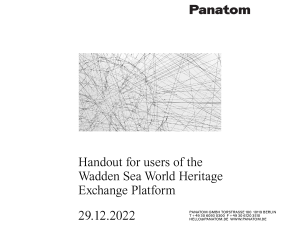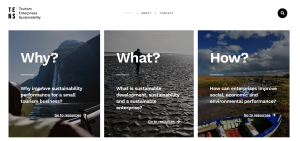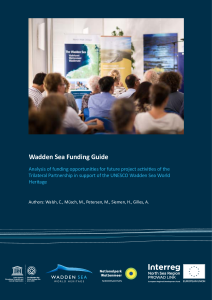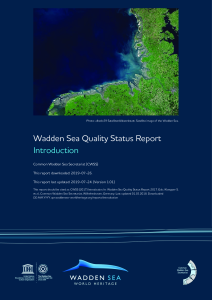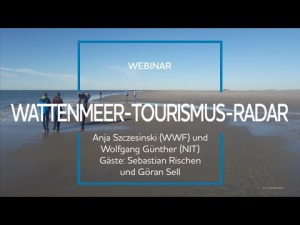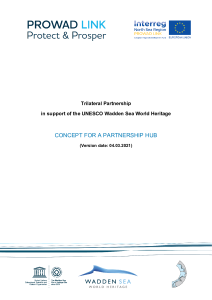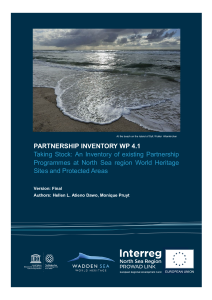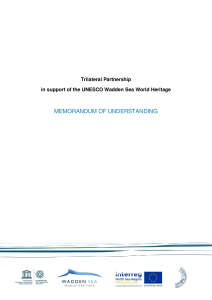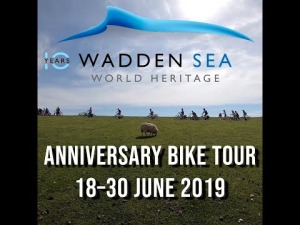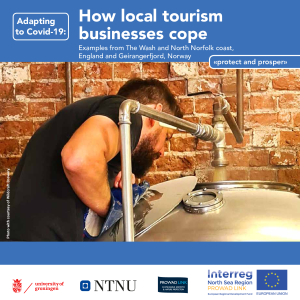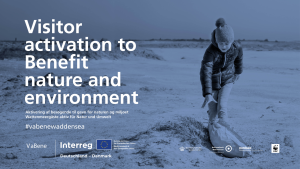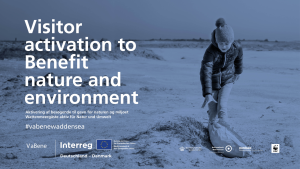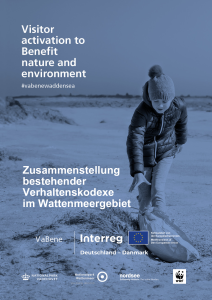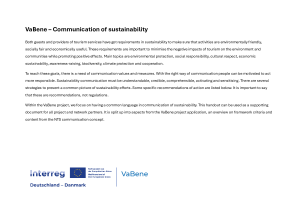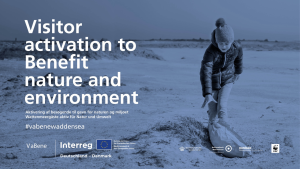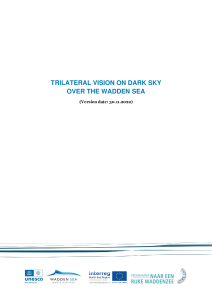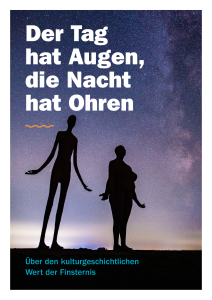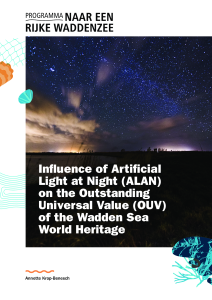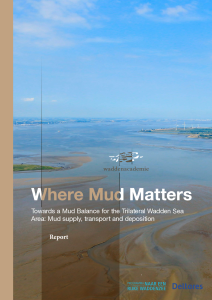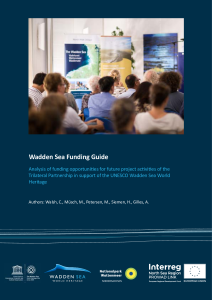This document gives some instructions to registered users on how to utilise the platform's functions.
Materials
This section pools all material connected to the platform. Under fundamental documents you will find helpful publications, websites, videos, and photos on partnering for Wadden Sea World Heritage. Underneath, materials shared in your groups, the networks of t he platform, and materials uploaded by yourself are listed.
Fundamental documents
Basics
-
-
The TENS website is a resource pool for sustainable tourism entrepreneurship available online. PROWAD Link aims at seeding an eco-friendly business culture and practising the philosophy of sustainable development for small tourism businesses. This vision led to the development of tenseducation.com, a resource web page for enterprises, teachers, students, and others interested in sustainable entrepreneurship, particularly within the tourism sector. The recognition of the importance of sustainable development capacity building across the sector and appropriate skills and expertise are focal for fuelling the momentum of change within SMEs.
Visit tenseducation.com
-
Analysis of funding opportunities for future project activities of the Trilateral Partnership in support of the UNESCO Wadden Sea World Heritage Site
-
Since 1999, the Trilateral Wadden Sea Cooperation (TWSC) between Denmark, Germany and the Netherlands has periodically produced Wadden Sea Quality Status Reports (QSR) describing and evaluating the current ecological status of the Wadden Sea. The QSRs identify changes in this status and their possible causes, classify issues of concern and indicate possible measures of amelioration, including evaluation of the likely effectiveness of these measures. They also indicate gaps in our knowledge. The QSRs are based upon the Trilateral Monitoring and Assessment Programme (TMAP). The programme and the reports were key elements in achieving the inscription of major parts of the cooperation area on the list of UNESCO World Heritage Sites.
-
Recorded webinars on brand audit, funding guide, visitor survey, tourism radar, and the North Sea Sustainable Innovation Challenge,
Partnership
-
The first concept for the Partnership outlines its purpose, vision, mission, and objectives.
-
Taking Stock: An Inventory of existing Partnership Programmes at North Sea region World Heritage Sites and Protected Areas
An inventory of all existing partnership programmes in the project’s pilot regions of the Wadden Sea (DK, D, NL), Geirangerfjord (NO), Wash & North Norfolk coast (UK)
-
Memorandum of Understanding on forming the strategic, multi-stakeholder “Trilateral Partnership in support of the UNESCO Wadden Sea World Heritage”.
-
Impressions of the June 2019 bike tour across the three Wadden Sea countries on the occasion of the Wadden Sea World Heritage’s ten-year anniversary
Materials from networks
Trilateral Dark Sky Initiative
-
Collection of Wadden Sea stories on dark sky.
The brochure is available in the Dutch, German and Danish: Duistere verhalen - Programma naar een Rijke Waddenzee
The brochure has been commissioned by the Programme Towards a Rich Wadden Sea and supported by the Interreg Project Prowad Link.
-
Influence of Artificial Light at Night (ALAN) on the Outstanding Universal Value (OUV) of the Wadden Sea World HeritageGast26.11.2025
A scientific literature review of the known effect of artificial light at night on organisms and ecosystems in the Wadden Sea or similar habitats. The document collects the most important existing literature, highlights existing knowledge gaps and provides brief recommendations to mitigate these effects.
Partnership
-
The Wadden Sea Funding Guide features a wealth of funding opportunities to support the collaborative, cross-sectoral trilateral work aligned with the core objectives of the trilateral Wadden Sea World Heritage partnership. It aims to provide professional assistance with the task of navigating through the wide range of programmes and associated sea of documentation of potential relevance to the Trilateral WSWH Partnership. The mapping of the funding guide draws multiple pathways for relevant activities, actions, and funding in different topics and scenarios which are relevant for many sectors. It also provides first hints to help manage the project development complex process. The Funding Guide is an important instrument that will support the Trilateral Partnership activities also beyond the Prowad Link project life-time and within the framework of the EU funding period 2021-2027.
